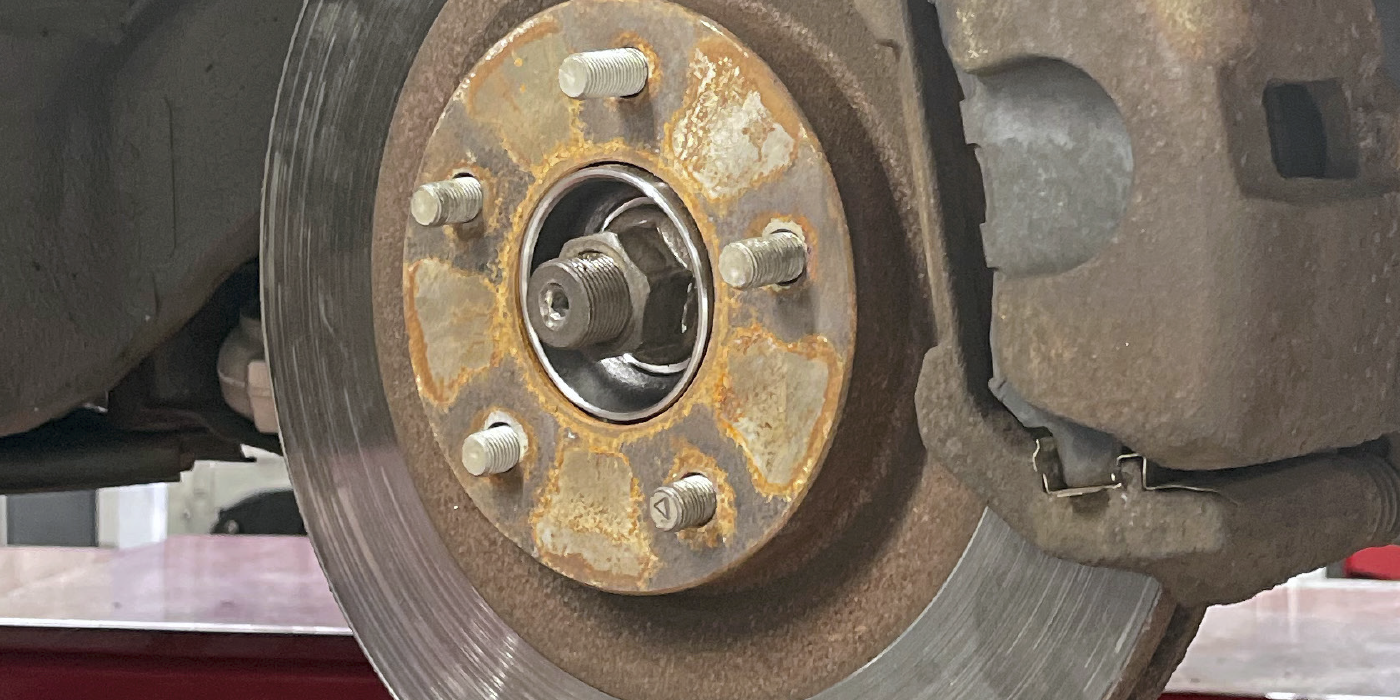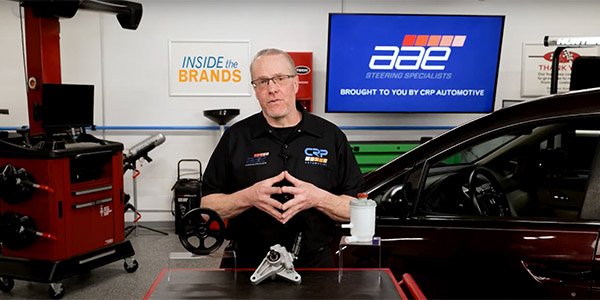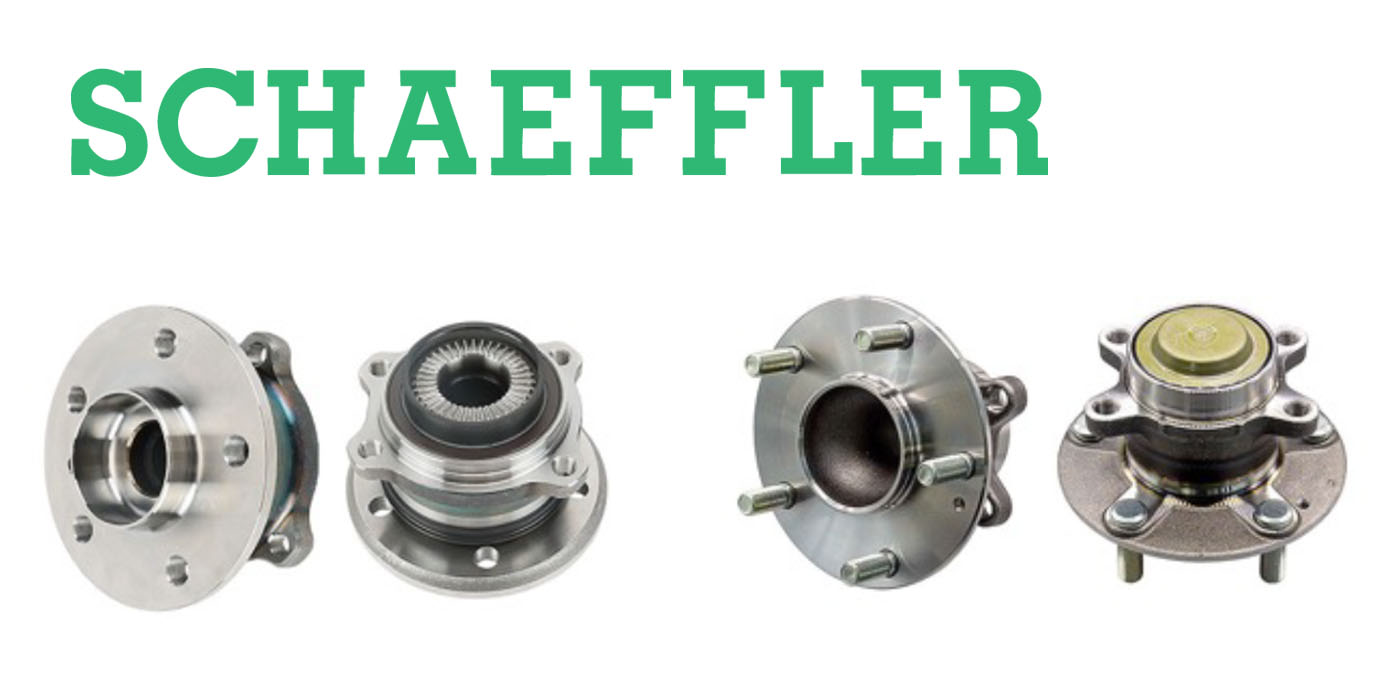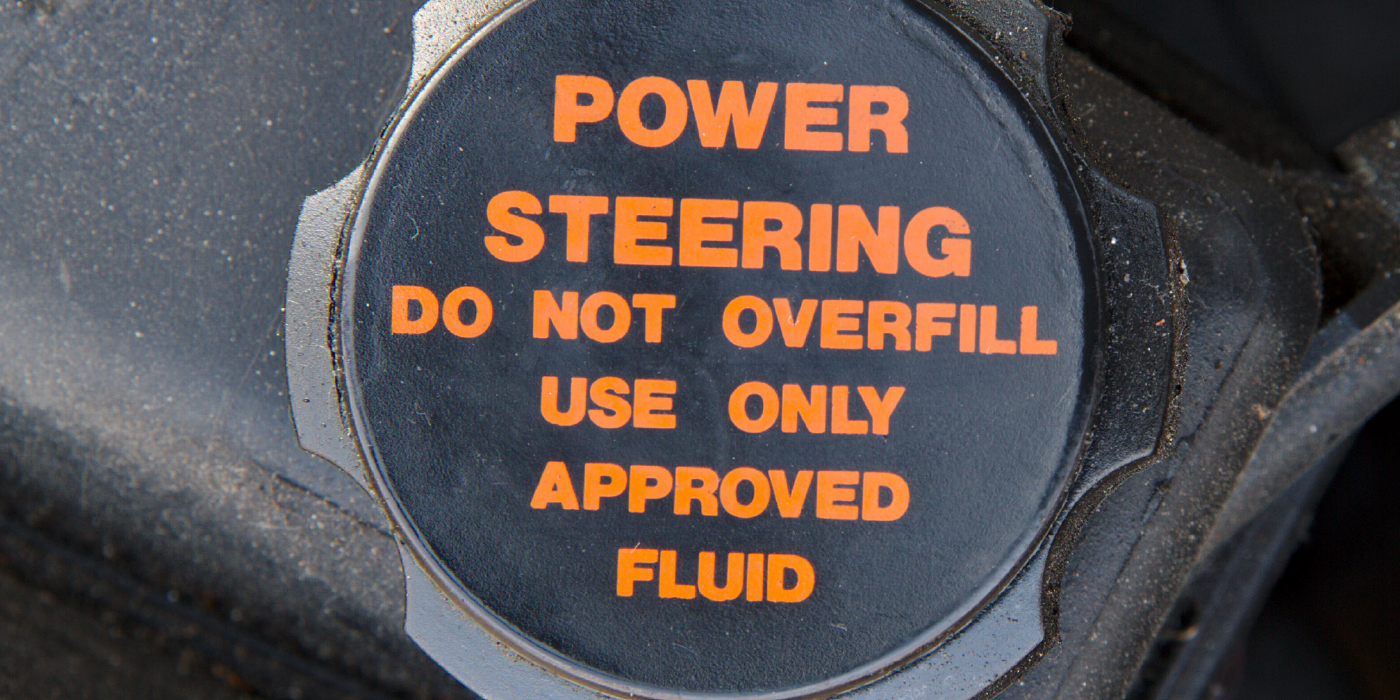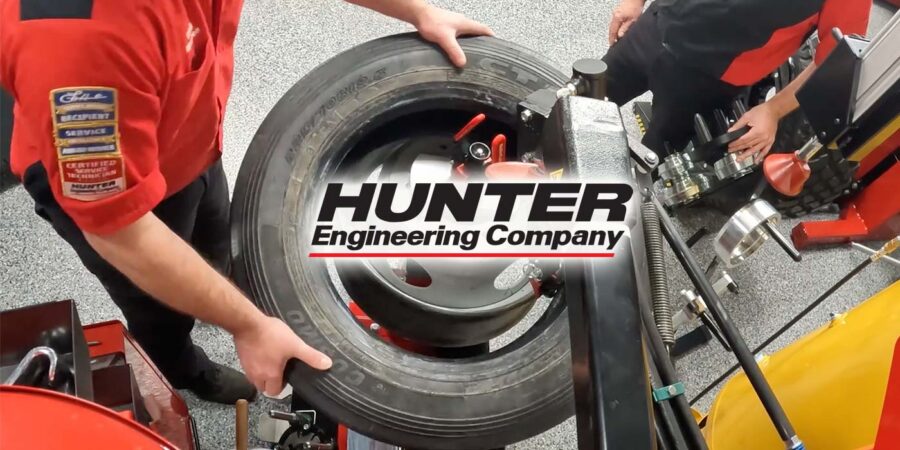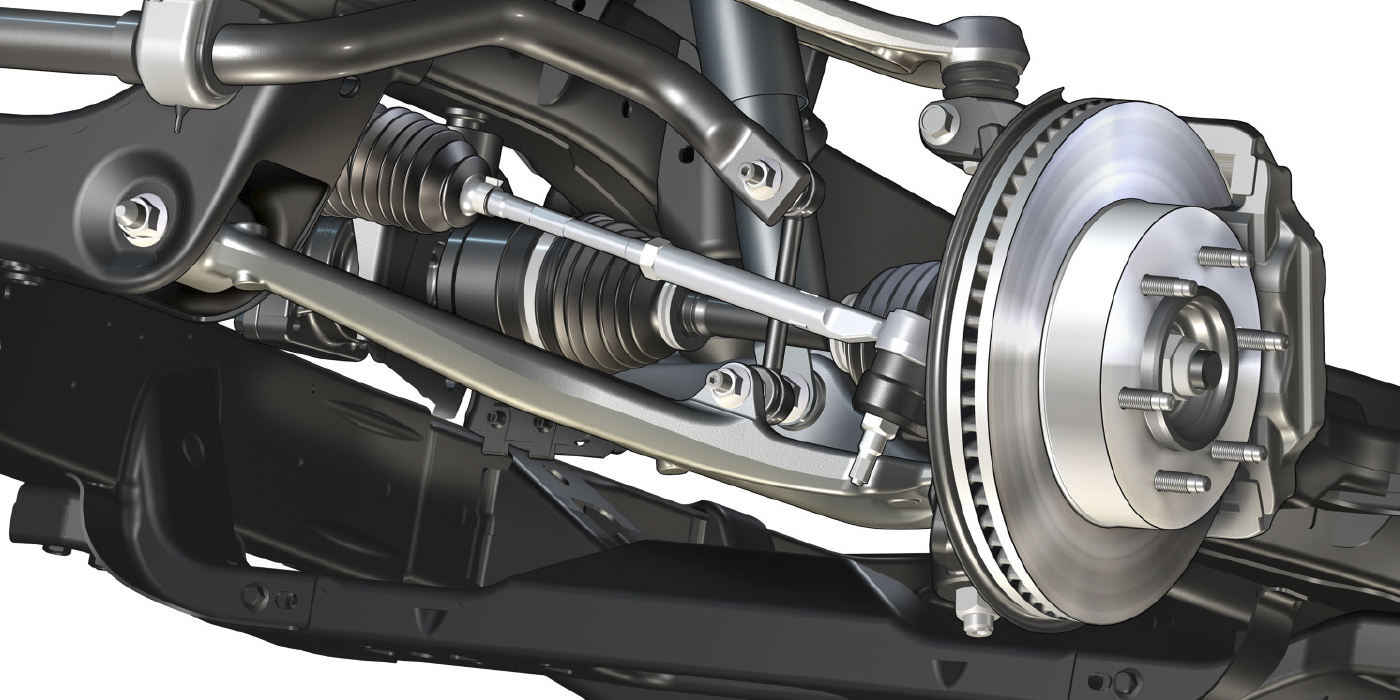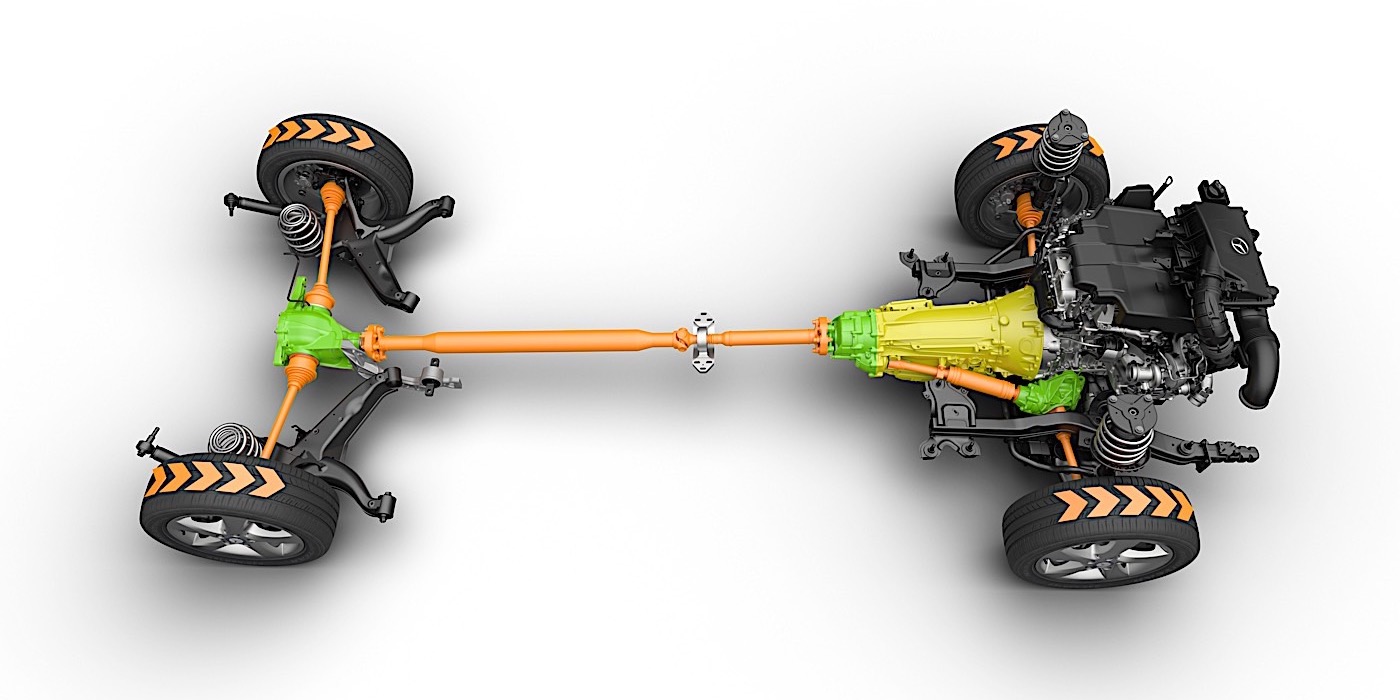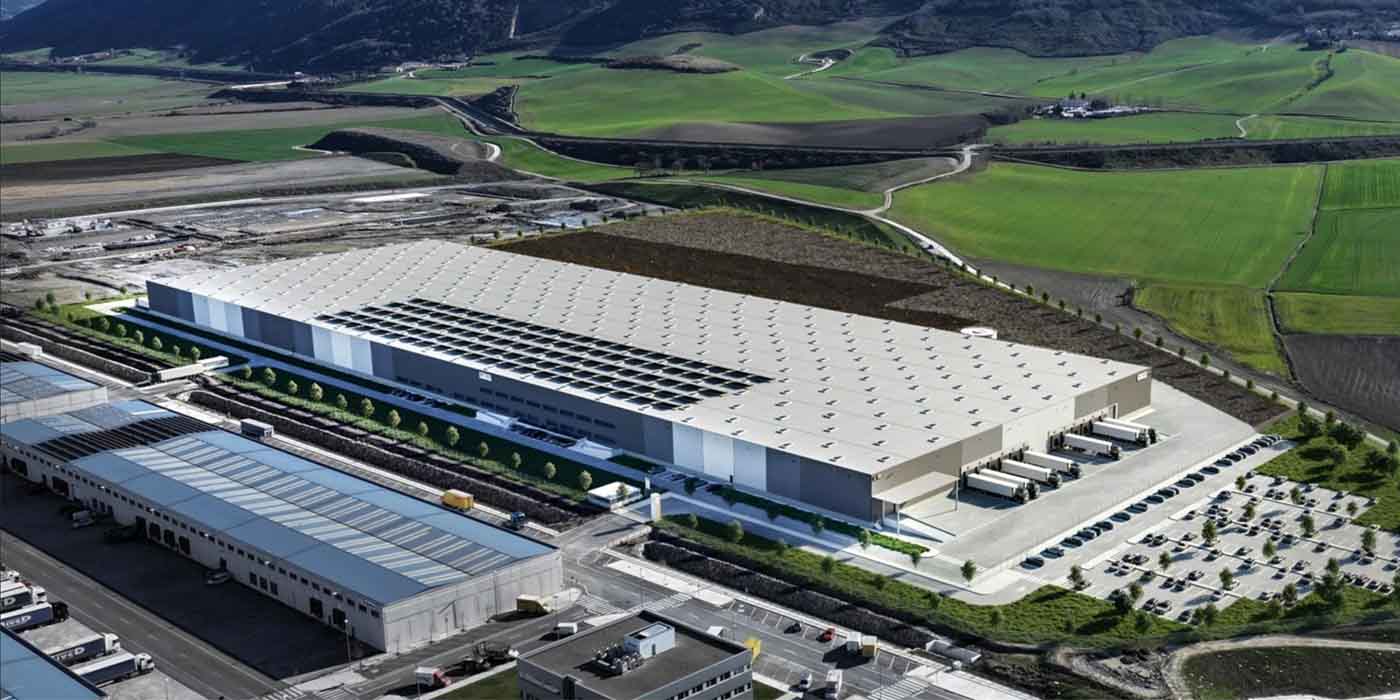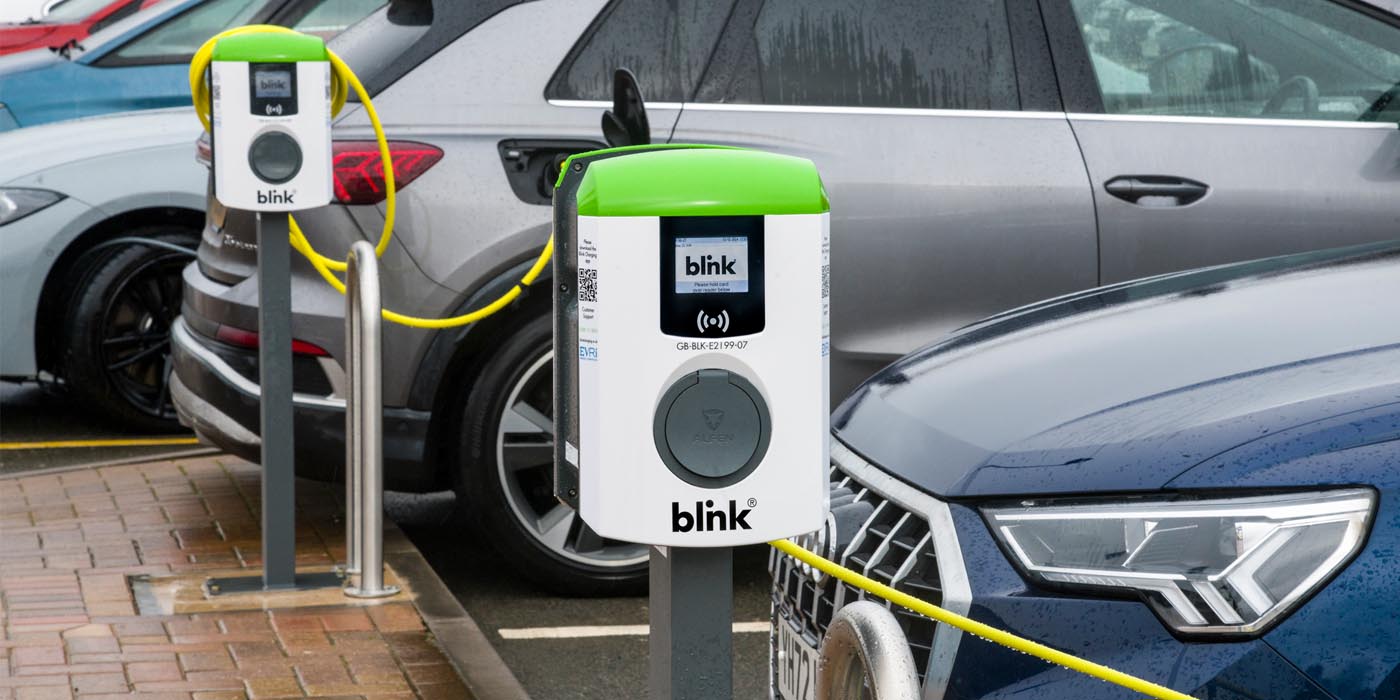Customer Concern: 1999 Volkswagen Jetta GLS 2.8L engine overheats. Engine thermostat has been replaced.
Tests:
1. Check the actual temperature of the radiator and compare it to the temperature of the cylinder head.
2. If the radiator remains significantly cooler than the cylinder head, or if no coolant flow is evident in the cooling system, check the water pump impeller for damage, missing fins or spinning on the water pump shaft.
3. The water pump impeller is plastic and can crack or loosen, allowing the water pump shaft to freely spin without moving the impeller. Insufficient water flow through the cooling system, due to the faulty impeller, will cause an overheat condition.
4. It is possible to access the water pump impeller by removing the thermostat and thermostat housing. The impeller must not spin on the shaft.
Potential Cause: Faulty water pump.
Tech Tips: It is possible to have a check engine light and a number of coolant temperature sensor (CTS) codes set due to the overheat condition caused by the faulty water pump impeller. The likely associated codes are P0125, P0116 and P0117. When refilling the cooling system, never mix the VW G12 non-phosphate/non-silicate factory coolant with a standard type ethylene/glycol coolant.
Courtesy of IDENTIFIX.
For additional information, visit www.identifix.com.

